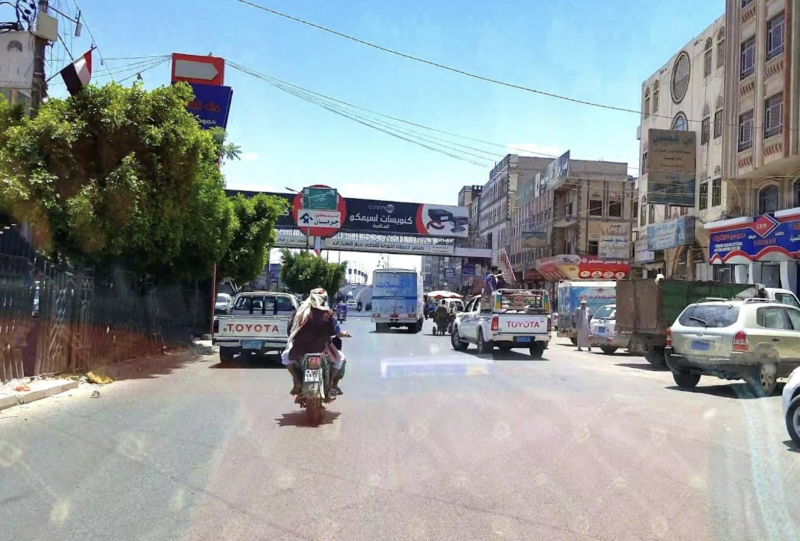‘Each step we take is an escape’: the intrepid hikers exploring war-torn Yemen


Few Yemenis hike, and female hikers are even rarer. But one group is overcoming security and social challenges to enjoy the benefits of walking in nature.
The conflict has caused one of the world’s largest humanitarian crises: more than half the population – about 18.2 million people – depend on humanitarian assistance; roughly 14% of Yemenis are displaced, and an estimated 7 million people struggle with psychological trauma and stress.
To escape the pressures of everyday life, Saruri sought nature. He started hiking, a sport previously practised by a few, mostly foreign embassy and NGO staff along with local colleagues, until the conflict led to embassy closures and staff evacuations.
Social media posts by Saruri and Alrazehi of their excursions drew hundreds of members to the group, of all ages and genders. Participants can learn navigation skills, as well as socialising, on guided hikes of eight-10km.
Aghbari says: “My passion for nature, adventure, exploring new places, and forming connections drove me to contact Alrazehi and request to participate.”
Only a handful of members are women, and of those Aghbari is the most active, having taken part in 17 trips since joining in July 2023. But she has missed numerous outings due to societal constraints on women. In Yemen’s conservative society, governed by laws rooted in tradition, women require “mahram”, a male escort from immediate family, such as a father, uncle or brother, particularly for overnight stays in local accommodations or hotels.
Aghbari was only able to travel to Haz since the journey involved a car ride to cut much of the distance. She says she feels blessed to have a family that supports her enthusiasm for travel. “My father instilled in me from a young age the importance of being resilient among men and not fearing them. Consequently, they didn’t object to my participation in trips with male companions. They also understand that if I ever felt threatened, I would withdraw. However, from day one, the team proved to be like fathers and brothers to me.”
Societal limitations have also prevented social researcher Aisha Muharram from joining excursions. “It’s disheartening. I couldn’t participate in many trips due to the distant locations requiring overnight stays,” she says.
Nevertheless, Muharram, who joined the group two months ago, describes her experience as “highly rewarding”.
“It helped alleviate feelings of emptiness, and life pressures that can lead to depression. I also had the opportunity to meet exceptional individuals, motivating me to continue participating in future outings,” she says.
The security situation poses an additional challenge. The Houthis have established checkpoints on the main roads connecting governorates and on secondary routes. These have become a significant hurdle, often impeding travel.
“Our team is frequently stopped at security checkpoints and questioned about our identity and the purpose of our journey,” says Saruri, adding that they have occasionally been denied access to certain areas.
“We respond to inquiries calmly,” he says. “We explain that we are a sports, recreational and tourism group that enjoys exploring mountaintops and valleys while showcasing the beauty of the places we visit.”
This piece was published in collaboration with Egab.

Taiz — Local sources reported Thursday that security forces dismantled protest camps set up along Jamal Street in central Taiz, following a d…

Sana’a — Police in the Yemeni capital announced Wednesday the arrest of two suspects accused of killing a man and his wife on Khawlan S…

Sana’a — Local sources reported that four civilians, including two women and a child, were killed when an armed assailant opened fire o…